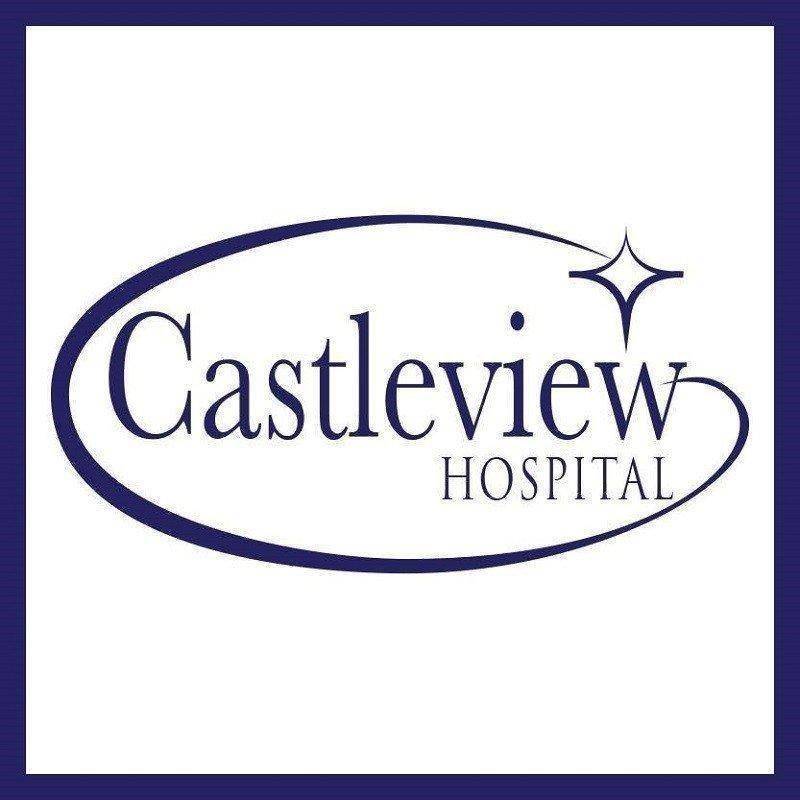Castleview Hospital Press Release
This winter brought unexpected news in our nation – a multi-state outbreak of measles. This outbreak, which began at Disneyland in California in December 2014, has spread to several states and impacted more than 100 individuals. It is the largest outbreak of measles the United States has seen in two decades.
While a local outbreak of measles is unlikely, the best way for our community to protect itself is to be educated about this disease, its signs, symptoms, spread and prevention. Castleview Hospital is well prepared to address cases of measles in our state and provide our community with the information it needs to protect local families from infection.
What exactly is measles?
Measles is a serious, highly contagious respiratory disease caused by a virus. Common complications from measles include ear infections and diarrhea while severe cases can cause pneumonia, convulsions, blindness, brain damage and death.
What are the symptoms of measles?
Common symptoms include:
- Fever, which can become very high
- Runny nose
- Cough
- Conjunctivitis, also known as pink eye
- Rash running from the hairline to the face and neck
- Tiny white spots with bluish-white centers found inside the mouth
How is measles spread?
Measles is very contagious and spreads in several ways including:
- By an infected person. A person with measles can spread the disease approximately four days before their symptoms appear until four days after their rash appears.
- Through the air. Droplets from the coughs or sneezes of an infected person can make others sick for up to two hours after that person leaves a room.
- On surfaces. Surfaces such as tables, doorknobs, keyboards, and phones touched by an infected person can transmit the measles virus to others.
The incubation period for measles from exposure to fever can be 7-12 days, and the time from exposure to rash onset can be 7-21 days.
What do you do if you have been exposed to measles?
If you or your child has been near someone diagnosed with measles or begins to exhibit any of the symptoms associated with the disease, notify your healthcare provider or contact Castleview Hospital immediately. Early intervention can help prevent the spread of infection and assist in treating an infected person’s symptoms.
What can you do to prevent measles?
The most important thing we all can do is get vaccinated. The measles vaccine is known as the MMR vaccine and also protects against mumps and rubella. It is estimated that 95% of people who get fully vaccinated will be protected from measles.
Two doses of the MMR vaccine are recommended for children. The first should be administered between 12 and 15 months and the second between ages 4 and 6. Adults born after 1957 who have not been vaccinated also should receive 1-2 doses of the MMR vaccine, although adults should contact their healthcare provider to discuss appropriate immunization.
If you need the MMR vaccine or have any concerns about whether you may or may not be fully vaccinated, contact your doctor or Castleview Hospital for assistance.
Castleview Hospital is happy to answer your questions about measles anytime. You also can find out more information about this disease and its current outbreak at www.cdc.gov/measles.

